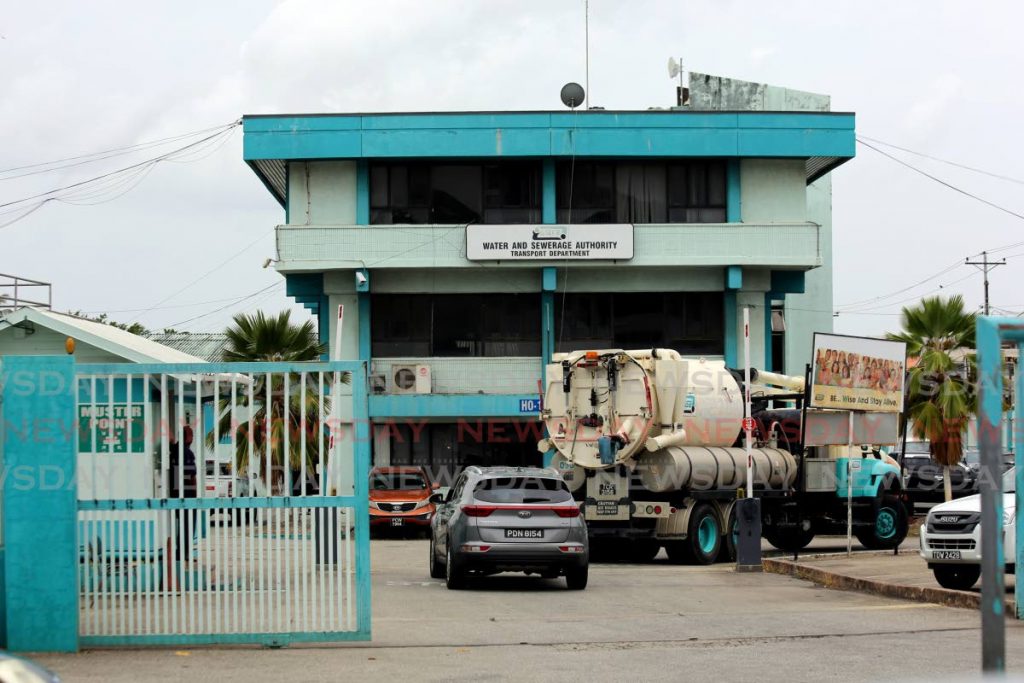Here’s how reform can also be politically smart

kmmpub@gmail.com
Whichever party wins office on August 10 must tell the nation the truth: the only way the State can restore growth is by dramatically shrinking its bureaucratic machinery and directing those resources to projects that will catalyse our private sector, create jobs and boost sustainable growth.
Before you scratch your head and ask how cutting thousands of jobs can possibly be a vote-winner, consider this: it can and will be if the money saved is not used to pay down debt but to launch new projects that will create meaningful private-sector jobs.
Any banker will tell you that debates over tax rates are a sideshow without talking about what tax dollars are used for. The truth is that our tax rates are, relatively speaking, quite reasonable, and most businesses would be happy to pay them if the government worked as advertised.
The problem is that successive governments have long assumed that voters expect their State to directly employ citizens solely as a form of social welfare. Our political leaders can and must break this false narrative. It is in their own political interest.
New Zealand in the eighties looked very similar to where we are now. It had a per-capita income not too much greater than our own, with a government that dominated the economy, and employed a great percentage of the population.
Against that backdrop, a reform government swept into power with a huge majority and mandate. According to its own “minister of everything” Maurice McTigue, who ran the departments of employment, labour, state-owned enterprises, railways, and works, this was made possible by presenting the public with a radical vision.
The first step post-election was a vigorous debate with each ministry: “about how to achieve goals like reducing hunger and homelessness. This didn’t mean, by the way, how government could feed or house more people – that’s not important. What’s important is the extent to which hunger and homelessness are actually reduced. In other words, we made it clear that what’s important is not how many people are on welfare, but how many people get off welfare and into independent living.”
“The first question was, “What are you doing?” The second question was, “What should you be doing?” Based on the answers, we then said, “Eliminate what you shouldn’t be doing” – that is, if you are doing something that clearly is not a responsibility of the government, stop doing it. Then we asked the final question: “Who should be paying – the taxpayer, the user, the consumer, or the industry?” We asked this because, in many instances, the taxpayers were subsidising things that did not benefit them. And if you take the cost of services away from actual consumers and users, you promote overuse and devalue whatever it is that you’re doing.
“When we started this process with the Department of Transportation, it had 5,600 employees. When we finished, it had 53. When we started with the Forest Service, it had 17,000 employees. When we finished, it had 17. When we applied it to the Ministry of Works, it had 28,000 employees. I used to be Minister of Works, and ended up being the only employee.”
If you bring this up with almost anyone in policy or business circles in TT, they will agree – and then shrug and say it would be politically impossible. But McTigue and his party were all shrewd political operatives: they bet that reforms would be a big vote-winner, especially in marginal seats – and they were right.
“And if you say to me, 'But you killed all those jobs!' – well, that’s just not true. The government stopped employing people in those jobs, but the need for the jobs didn’t disappear. I visited some of the forestry workers some months after they’d lost their government jobs, and they were quite happy. They told me that they were now earning about three times what they used to earn – on top of which, they were surprised to learn that they could do about 60 per cent more than they used to! The same lesson applies to the other jobs I mentioned.”
By ploughing money saved from a grand restructuring into new productive government projects with measurable returns, and closely supporting re-training and private-sector placement, we can ensure that everyone affected, from WASA (overstaffed by 4,000) to TTEC (overstaffed by 2,000) to the bureaucracy as a whole all end up much happier.
This does not require courage – a politician’s nightmare. Instead, it requires shrewd political instincts, and most of all, the ability to comfort people’s fears and shape a new narrative: growth and freedom.
Kiran Mathur Mohammed is a social entrepreneur, economist and businessman. He is a former banker and a graduate of the University of Edinburgh.

Comments
"Here’s how reform can also be politically smart"